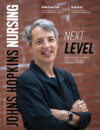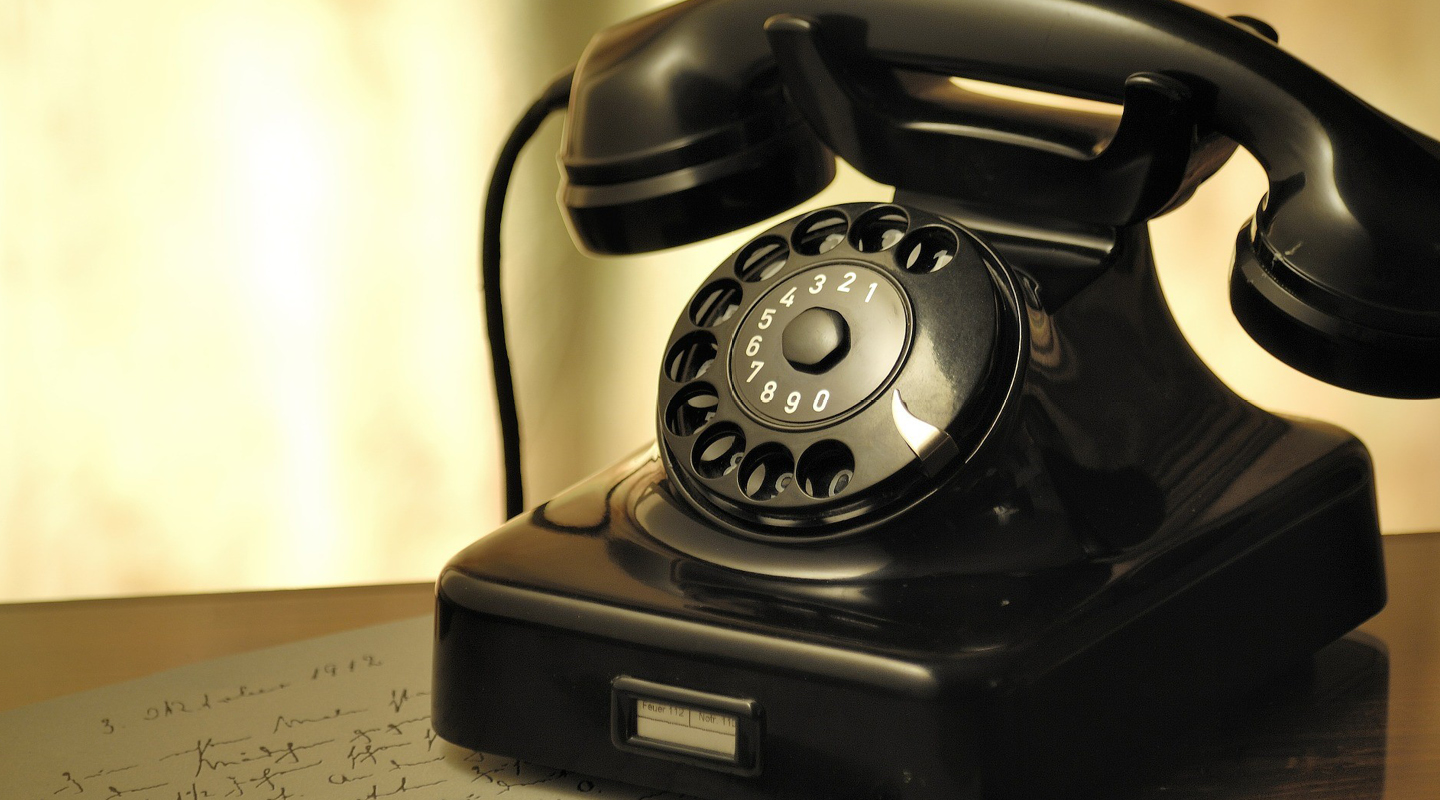The greatest ability is availability. It is a cliché that has stuck because it has become so ingrained in many professions, nursing being no exception. Your skills don’t matter if you’re not there, goes the thinking. Sick time is a cherished work benefit, until you’re the one left working extra shifts to cover for an ill colleague in a health system that can be overburdened in the best of times. A workforce already stretched to the limit by a pandemic can be further fractured by what is said or unsaid.
In “Working While Ill During COVID-19: Ethics, Guilt, and Moral Community” (AACN Advanced Critical Care), PhD Candidate Katie Nelson and Professor Cynda Rushton look at the costs—to nurses, teamwork, patient care, and productivity—of making that call to go to work or to stay home.
“Nurses, particularly in critical care, may experience pervasive feelings of guilt and shame when they perceive that they are unable to fulfill their job responsibilities,” the authors write, suggesting they might refuse to “abandon my patients and my colleagues” or reason that protective equipment will keep others safe from a potentially infected nurse.
And when the call is to stay home? “The narrative in the break room may be one of judgment and resentment, as colleagues question whether illness is being used as a ‘cop out.’ No one wants to be the topic of break room conversation or carry the stigma of being viewed as a ‘slacker.’ ”
The authors acknowledge the financial constraints of health care systems but argue that “now is not the time to balance the budget on the backs of those who have sacrificed so much.” Better answers: Clear and consistent policies regarding expectations of nurses to work when they are ill; a clear process for determining what threshold warrants coming to work when symptoms are present. “Outlining the degrees of freedom in personal decision-making regarding the severity of illness and being clear on processes are necessary steps to reduce guilt and shame.”

